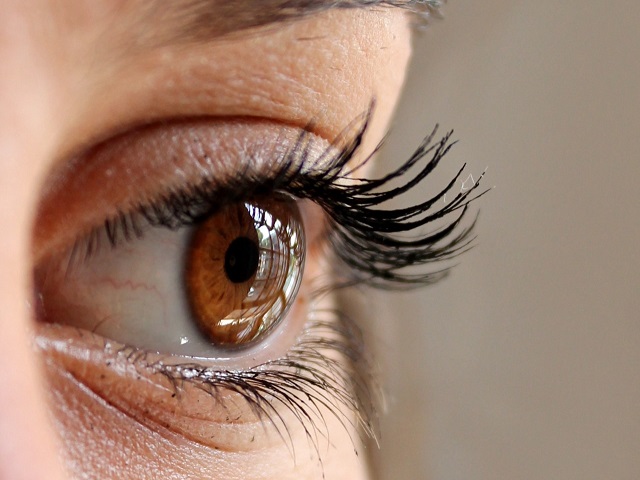6 Signs You May Have Central Serous Retinopathy -- Symptoms, Causes, Effects, Treatment and Prevention
Central serous retinopathy (CSR), also known as central serous chorioretinopathy, is a condition that affects the retina, leading to the accumulation of fluid under the macula. This fluid buildup can cause vision disturbances and distortions. Central serous retinopathy involves the leakage of fluid from the choroid, a layer of blood vessels beneath the retina. The accumulated fluid creates a blister-like elevation, known as a serous detachment, under the macula, which is responsible for central vision. Here is an explanation of central serous retinopathy, along with its symptoms, diagnosis, causes, effects, treatment, and prevention:
Symptoms of Central Serous Retinopathy:
The symptoms of central serous retinopathy may include:
- Blurred or distorted central vision
- Diminished color perception
- Central blind spot or scotoma
- Micropsia (objects appearing smaller)
- Reduced contrast sensitivity
- Metamorphopsia (visual distortions)
Diagnosis of Central Serous Retinopathy:
The diagnosis of central serous retinopathy is typically made by an eye care professional. It may involve the following:
- Comprehensive eye examination, including visual acuity testing and examination of the retina
- Retinal imaging, such as optical coherence tomography (OCT) to assess the presence and extent of fluid accumulation and evaluate retinal thickness
- Fluorescein angiography to identify the leakage points and evaluate blood flow in the retina
- Indocyanine green angiography in certain cases to visualize the choroidal circulation
Causes of Central Serous Retinopathy:
The exact cause of central serous retinopathy is not fully understood. However, certain risk factors and triggers have been identified, including:
- Stress and emotional factors
- Hormonal changes, such as during pregnancy or with corticosteroid use
- Systemic conditions like hypertension and autoimmune diseases
- Excessive alcohol consumption
- Use of certain medications, such as corticosteroids
- Genetics and family history
Effects of Central Serous Retinopathy:
Central serous retinopathy can lead to:
- Vision disturbances and reduced visual acuity
- Decreased quality of life due to impaired central vision
- Recurrent or chronic nature of the condition, with potential for repeated episodes and long-term complications, such as retinal pigment epithelial changes or atrophy
Treatment of Central Serous Retinopathy:
The treatment of central serous retinopathy aims to resolve the fluid leakage, restore vision, and prevent complications. However, in some cases, the condition may resolve on its own without specific intervention. Treatment approaches may include:
- Observation and close monitoring, especially for milder cases with spontaneous resolution
- Lifestyle modifications, such as stress reduction, sleep management, and avoidance of corticosteroid medications if possible
- Focal laser photocoagulation or photodynamic therapy to target the leakage points and seal them
- Intravitreal injections of anti-vascular endothelial growth factor (anti-VEGF) agents in selected cases
- Consultation with a specialist for further evaluation and individualized treatment options
Prevention of Central Serous Retinopathy:
Preventive measures for central serous retinopathy include:
- Minimizing stress and managing emotional well-being
- Monitoring and managing systemic conditions, such as hypertension and autoimmune diseases
- Avoiding excessive alcohol consumption
- Communicating with healthcare professionals about medications and their potential side effects
- Regular eye examinations to detect any signs or risk factors for the condition
Please note that the information should not replace professional medical advice. It is important to consult with a healthcare professional for an accurate diagnosis, individualized treatment, and further information.
References:
American Society of Retina Specialists. (2018). Central Serous Chorioretinopathy. Retrieved from https://www.asrs.org/patients/retinal-diseases/17/central-serous-chorioretinopathy
Image Attribution:
Featured image by Achim Fie�, �mer Cal, Stephan Kehrein, Sven Halstenberg, Inez Frisch, Ulrich Helmut Steinhorst, CC BY 2.0, via Wikimedia Commons


















